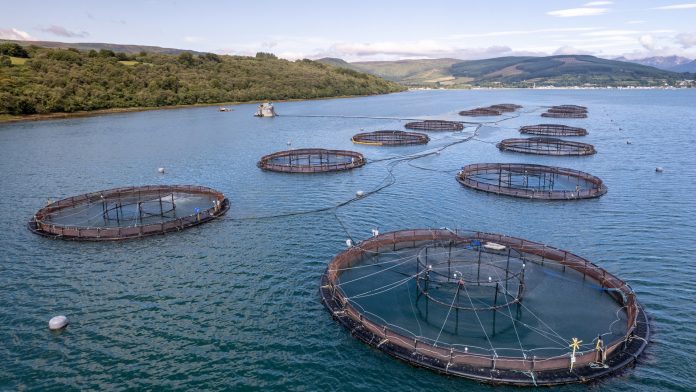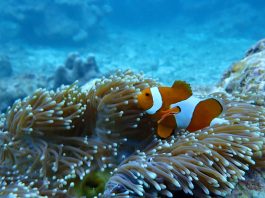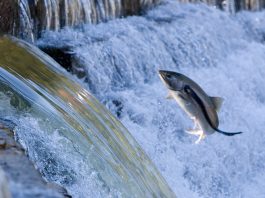Fishery and aquaculture support has been provided by the European Commission’s decision to activate new crisis measures, due to Russia’s invasion of the Ukraine.
What does the activation of crisis measures mean for fishery and aquaculture support?
The crisis mechanism, known as the European Maritime, Fisheries and Aquaculture Fund (EMFAF), is intended to bring immediate relief to operators of the fishery, aquaculture, and seafood processing sectors. This will be offered through financial compensation for their economic losses as well as any additional costs.
Thus, Member States will be able to grant financial compensation to operators for income loss that has been unavoidable due to the current market disruption, as well as ‘storage aid’ to producer organisations. This is a step that follows the Temporary Crisis Framework, which allows Member States to provide support through State aid.
How has Russia’s invasion of the Ukraine impacted these sectors?
Virginijus Sinkevičius, Commissioner for the Environment, Oceans, and Fisheries said: “The war in Ukraine is a war against all of us. Our fisheries, aquaculture and processing sectors are hit hard due to high energy, oxygen, and raw material prices.
“This is the second time in the past years after the COVID-19 pandemic, so we are again taking quick action to support them in this turmoil. These emergency crisis measures should not in any way impede our long-term efforts towards structural energy transition of the fishery and aquaculture sectors to achieve the objectives of the European Green Deal.”
The military aggression of Russia against Ukraine has resulted in many EU fisherman staying in port rather than going out to sea, because it costs them more. This means that the whole EU fleet is becoming virtually unprofitable.
Additionally, fishing vessels operating in the Black Sea are facing the threat of possible military activities, therefore leading to a precautionary suspension of their activity. The aquaculture and processing sectors have also been harmed by the increase in the costs of energy and raw materials, as well as high logistics and transport costs.
Thus, it is expected that the fish market will face a negative supply shock, both of fresh fishery products, due to the decisions not to go out to sea, and of certain processed or preserved products as a consequence of the raw material shortages.
What measures do the crisis measures offer?
Therefore, due to the increased prices of energy, raw materials, and the consequential additional operating costs – which minimises profit margins in the fishery, aquaculture, and seafood processing sectors – the mechanism activated today will allow Member States to grant two types of crisis measures:
- Financial compensation to operators of the fishery, aquaculture and processing sectors for their income foregone and additional costs stemming from the current market disruption. Additional energy costs can be covered by the compensation if they are linked to the market disruption caused by the military aggression of Russia against Ukraine; and
- Financial compensation to producer organisations if they implement the storage mechanism of the common organisation of the markets (“storage aid”). That mechanism allows producer organisations to store the products of their members as a way to secure a satisfactory level of price on the market.
However, it must be noted that the EMFAF crisis mechanism is a temporary measure. It applies retroactively as of 24 February 2022, which is the date of the start of the aggression of Russia against Ukraine, and will last until the end of 2022. Member States can decide if they would like to utilise them or not. If they do so, they will have to include them in the next version of their EMFAF programme, which will be submitted to the Commission.
To keep up to date with our content, subscribe for updates on our digital publication and newsletter.





